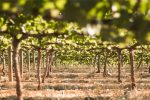Organic Wine – An Introduction to Biodynamics
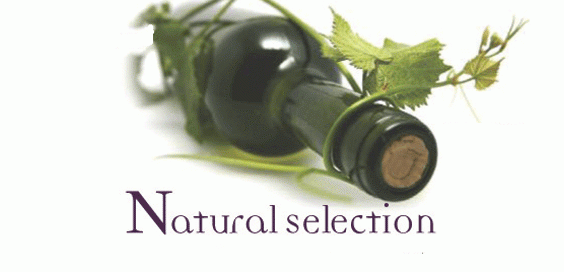
Biodynamics: Natural Selection
By Paul Howard
Many years ago I stood in an organically farmed vineyard. I could easily tell the difference from the conventionally-farmed vineyard opposite. Here, there were flowers and weeds between the vine rows; there were bees, butterflies and birdsong. A closer inspection showed the vines and soil were teeming with beneficial insects, devouring the pests that prey on vines. The vines themselves had a healthy vitality. In comparison, across the road the fields were silent and sterile. Afterwards, a tasting of the wines made from these organic vines revealed delicious flavour, character and individuality.
Returning to the wines I enjoyed with fresh eyes and palate, I discovered that many of them were being made without any use of pesticides, artificial fertilisers or other modern synthetic chemicals. I became converted from my previously sceptical view of natural wines.
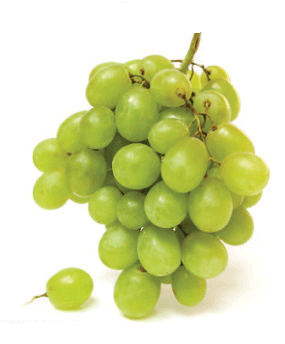 Meanwhile, most of us have grown up in the brave new world of synthetic chemicals developed and sold by agribusiness over the past 50 years; those herbicides, pesticides, rodenticides, fungicides and artificial fertilisers promise so much and to which modern agriculture has become ever-more dependant. Chemicals can combat pests and diseases, increase grape quantity and cut down on back-breaking toil, so increasing profits. Sounds logical – but what about when this compromises quality and taste and destroys Nature?
Meanwhile, most of us have grown up in the brave new world of synthetic chemicals developed and sold by agribusiness over the past 50 years; those herbicides, pesticides, rodenticides, fungicides and artificial fertilisers promise so much and to which modern agriculture has become ever-more dependant. Chemicals can combat pests and diseases, increase grape quantity and cut down on back-breaking toil, so increasing profits. Sounds logical – but what about when this compromises quality and taste and destroys Nature?
“Chemicals are indiscriminate in their toxicity”
Chemicals are addictive. Ever increasing chemical inputs are needed to control the pests that develop resistance. The chemicals are also indiscriminate in their toxicity, they kill beneficial insects and flowers as easily as the pests and weeds, they kill the birds and animals in the food chain and they pollute the water supply. Vineyard workers must wear protective suits and masks when using them – not the wholesome image we readily associate with wine.
Instead, there are environmental benefits from making wines by kinder, more natural methods that work in harmony with the land. Which is why more and more vineyards are turning to them. This is a much riskier business proposition, especially in cooler and wetter regions, where devastating fungal diseases can pose a major risk. However, it is possible with careful farming to overcome even the most challenging conditions without resorting to synthetic chemicals.
Then, after the wine is made, any artificial pesticides and fertilisers that have been used are left in the wine as residues. While these may only be in minuscule amounts and safety standards are in place, common sense suggests it’s safer to avoid them in the first place.
“Now there are even carbon-neutral wineries”
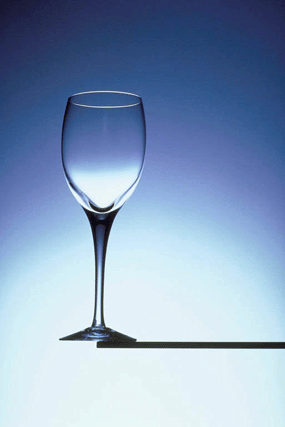 So why don’t environmentally kinder wines display their credentials on the wine label? Some do, but there are still reasons not to. First, some customers still perceive natural farming methods like organics as a fad without substance. Worse, they see such wines as both deliberately over-priced and badly made. Then there’s the lingering association that organics appeal only to the brown-rice-and-sandals brigade. Organic wines seem to do better at blind tastings where the wine is initially unknown – and that says something about our preconceptions and prejudices.
So why don’t environmentally kinder wines display their credentials on the wine label? Some do, but there are still reasons not to. First, some customers still perceive natural farming methods like organics as a fad without substance. Worse, they see such wines as both deliberately over-priced and badly made. Then there’s the lingering association that organics appeal only to the brown-rice-and-sandals brigade. Organic wines seem to do better at blind tastings where the wine is initially unknown – and that says something about our preconceptions and prejudices.
Then there’s the extra expense and paperwork to obtain the certification that allows the use of descriptions like ‘organic’. Some highly-rated winemakers oppose certification because they do not want to be confined by yet more rules and regulations. Other winemakers just want their children to inherit their vineyards in a healthy condition. Or to maintain their land in the old traditional ways handed down to them over many generations.
Probably the most well-known naturally made wines are the organic wines, defined by law as those that have been made from organically grown grapes. The law covers only grape growing, not the making of the wine. Hence there are other ecological wine making systems in addition to organics, ranging from wineries looking to be more ‘sustainable’ by reducing chemicals to those that have made changes to their winemaking, including recycling waste water and using light-weight glass bottles. Now there are even carbon-neutral wineries.
“Look for environmentally sound products”
The wine growing regime on the cutting-edge takes the name biodynamics. There isn’t space here to explain this in detail, but it is essentially a form of super-organics. Here, tiny homeopathic quantities of natural substances, such as cow dung, enhance vine health and disease resistance by promoting the microbial life in the soil. Sometimes this also involves carrying out certain treatments according to the phases of the moon. How it works, no one fully understands, nor does it enjoy mainstream acceptance. However, the proof is in the glass. Superlative biodynamic wines are made and many of the world’s most respected wine producers are converts – those facts alone make it good enough for me.
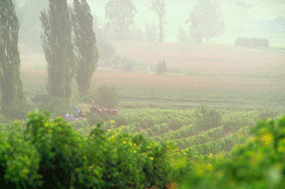 Hence, there are good reasons to seek out natural wines. You might want purity or be concerned about the effects of chemicals. Perhaps you might want a change from the big industrial wine brands that all seem to taste the same and you want to find more individuality, interest and a sense of place. Or you might look for environmentally sound products that preserve biodiversity and tread lightly on the land. You might even want to see what the fuss is about and make your own mind up.
Hence, there are good reasons to seek out natural wines. You might want purity or be concerned about the effects of chemicals. Perhaps you might want a change from the big industrial wine brands that all seem to taste the same and you want to find more individuality, interest and a sense of place. Or you might look for environmentally sound products that preserve biodiversity and tread lightly on the land. You might even want to see what the fuss is about and make your own mind up.
“These wines still need to taste great”
Health scares like Swine Flu and Foot and Mouth; worries about genetically modified crops and awareness of the benefits of a healthy diet and lifestyle mean many people seek out eat naturally produced meat, fruit and vegetables. So trying naturally made wine isn’t a big step.
Natural wines are made all over the world and in just about every style. These days they need be no more expensive than their conventionally made counterparts and are available at affordable prices. One essential thing to remember, these wines still need to taste great. Not all do – but that applies to conventional chemical wines too!
Many supermarkets stock natural wines but there may be no clear indications to help you find them, or explanations when you do. Instead, try an independent wine merchant or a specialist with whom you can develop a rapport.
Ask them which sustainable, organic and biodynamic wines they recommend, and why. As their business will stand or fall according to your repeat custom, put them to the challenge! Saving the planet has to taste good too. Yes, even on a budget and in a recession. Still sceptical? Then try one of my wine recommendations for yourself and join in with the debate!
winealchemy.com



